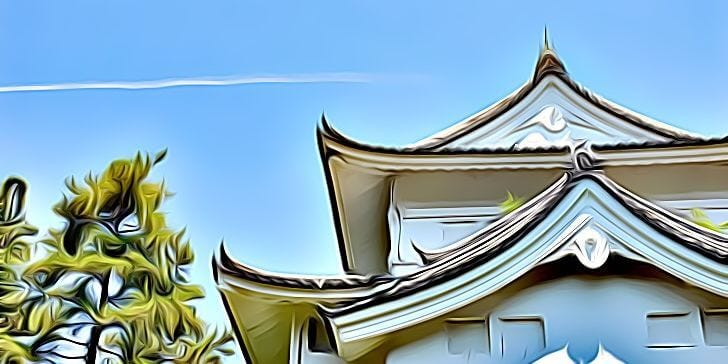3 Ideas in 2 Minutes on Power Dynamics
Hard & Soft Power, Appearing Too Perfect & The Worf Effect
I. Hard & Soft Power
We tend to have a rather one-sided view of power. In his book Soft Power: The Means to Success in World Politics political scientist Joseph S. Nye famously made the distinction between two types of power. In the world of international relations, he argued, there is hard power and there is soft power.
Hard Power is the good old carrots and sticks. It can be exercised through coercion and is determined by factors such as a state’s military might and economic prowess. Military interventions or economic sanctions are classic examples of how this kind of power is exercised.
Soft Power is all about persuasion, attraction and relationships. The level of credibility and trust in the international community can have a big effect on the success of a country’s diplomatic efforts. A nation’s know-how and cultural appeal are additional factors. Just compare the influence of the American entertainment industry to that of Liechtenstein.
I’ve written more about the everyday relevance of these concepts in Hard and Soft Power: What Makes You More Powerful Than You Think?
II. Appearing Too Perfect
In his infamous book The 48 Laws of Power, Robert Greene explored the more unpleasant sides of human nature. Here’s an example of such an everyday power game:
LAW 46: Never Appear Too Perfect
Appearing better than others is always dangerous, but most dangerous of all is to appear to have no faults or weaknesses. Envy creates silent enemies. It is smart to occasionally display defects, and admit to harmless vices, in order to deflect envy and appear more human and approachable. Only gods and the dead can seem perfect with impunity.
—Robert Greene, The 48 Laws of Power
III. The Worf Effect
The Worf Effect is named after one of the strongest and toughest characters in the science fiction series Star Trek: The Next Generation: the Klingon Worf. It’s used in storytelling to show how powerful an antagonist is.
If the villain fights Worf (or any known strong character ) and wins, we immediately know what kind of evil we’re dealing with. The dangerousness of the character is made clear. The conflict is established. The plot can take its course.
Careful though, if it’s overused it can damage the tough character’s reputation. How strong can Worf really be if he gets beaten up every other episode…? 🐘
Have a great week,
Chris
themindcollection.com
P.S.: Check out my newest essay on St George in Retirement Syndrome: How to Know When to Quit?


